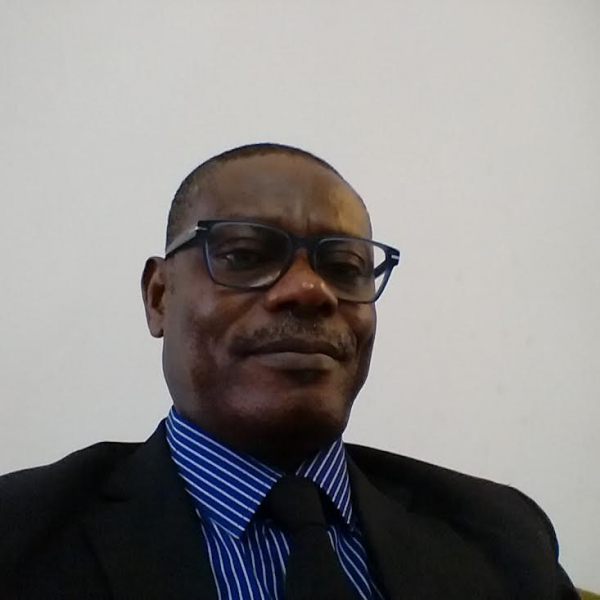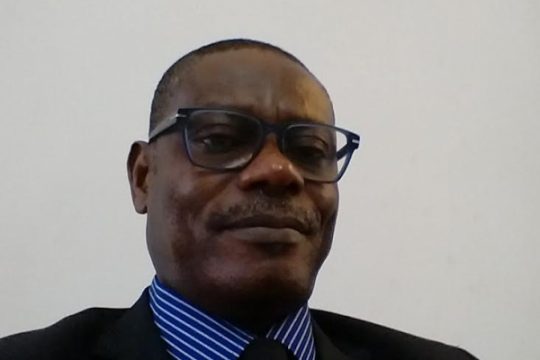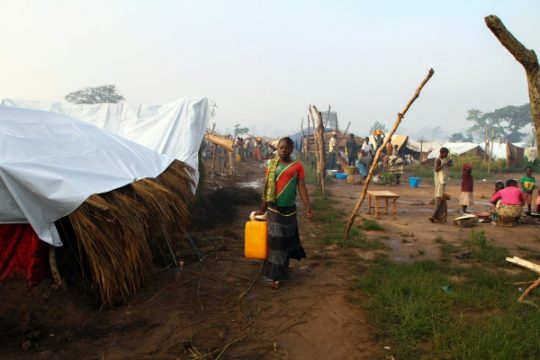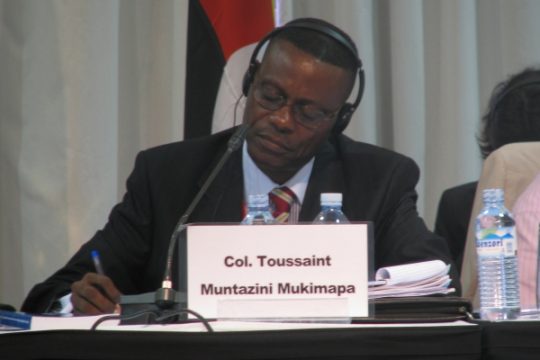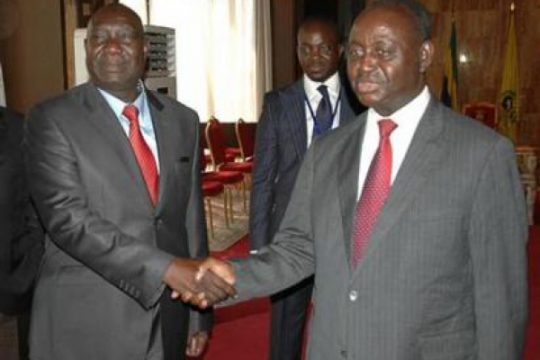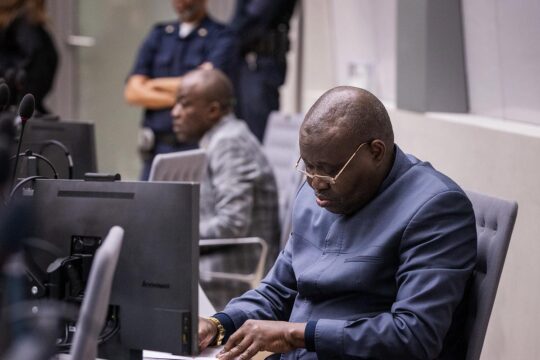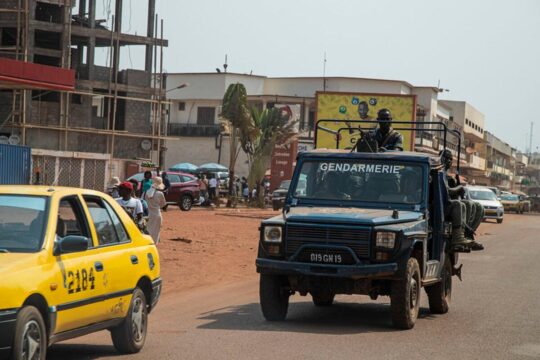The Prosecutor of the Special Criminal Court (SCC) in the Central African Republic (CAR), Colonel Toussaint Muntazini Mukimapa, and five Central African judges for the Court were sworn in on Friday June 30 Bangui. This ceremony marks the start of work for this Court, charged with trying those most responsible for serious crimes committed in the CAR since 2003. In an interview with JusticeInfo.Net, Florent Geel, Head of Africa Bureau at the International Federation for Human Rights (FIDH), urges Prosecutor Muntazini Mukimapa “not to limit his action to a few insignificant players” and not to forget the victims.
For FIDH, what is the significance of this swearing in of the Special Prosecutor in the CAR?
The swearing in of the Prosecutor and Central African judges is a symbolic and important step in establishing the Special Criminal Court. It marks progress under way and the fact that this Court, set up under Central African law, will nevertheless work with support from the international community. It represents a hope of justice for the victims of the most serious crimes and all the Central African people, who said in grassroots consultations and during the Bangui Forum that impunity was one of the root causes of the recurrent conflicts in this country for more than 20 years. They said they wanted “zero impunity”, and the Special Criminal Court must help reduce impunity in a concrete way.
What does the FIDH expect of the Prosecutor?
FIDH, its local organizations, the Central African Human Rights League (LCDH) and the Central African Human Rights Observatory, initiated a group of 15 human rights NGOs in the CAR who together set up a pool of lawyers to represent victims before the Special Criminal Court. With this in mind, we urge the Prosecutor, who will decide investigation and prosecution strategy, not to forget the victims. The Court and its Prosecutor clearly cannot try everyone, but it needs to perform so that in the end we won’t be left with just three people tried and everyone feeling frustrated. But we have said all that to the Prosecutor, we know we can count on him and his experience and he knows he can count on our organizations to link with the victims, bring evidence, and be positive, progressive actors at the Court as victims’ representatives.
What are your recommendations to him?
The Prosecutor has much experience of dealing with the most serious crimes given his previous posts in the Democratic Republic of Congo (DRC). But the situation in the CAR, which the FIDH has been following for over 20 years, requires that his action not be limited to just a few lower-ranking accused. We see that the country has today been taken hostage by some 14 armed groups that are occupying, looting and subjugating nearly 60% of the country. Justice must be done, and he must have in mind that the case files being put together today be able to go to trial tomorrow. Judicial time, which is often quite long, must be used so that when the time is right those who have committed and are still committing crimes are put on trial. There will be no peace without justice. We have known that for a long time. So we urge the Prosecutor to be patient, diligent and ambitious in his work to help justice triumph over violence.
What does FIDH expect the Central African government to do to facilitate the work of the Special Court Prosecutor?
The Central African government must continue to give the Special Court Prosecutor unwavering support. It is in the government’s interest that justice be able to work in complete independence, impartiality and with diligence. Also, any government action to appease the conflict, re-establish State authority across the whole country and put a stop to the crimes will help the Special Court to do its work. A political process is needed to help end the conflict and tackle issues such as citizenship, development of the country and the cut-off regions of the north and east, the presence of the State, decentralization, distribution of wealth, reconciliation, etc. But this political process must not cross certain red lines like amnesty for perpetrators of the most serious crimes or integrating them into the army, even less into the government.
And what can the international community do to help the Court fulfil its mission?
The international community must get behind the Court for the duration, and support the efforts under way in the CAR. It must support politically and financially the Special Criminal Court, which is not very expensive. For comparison, it will cost about 5 million dollars per year, whereas MINUSCA (UN mission in the CAR) costs 1 billion dollars per year. So the Special Court represents a very reasonable share of funding for something that is wanted by the whole population. The international community has long ignored the CAR and its problems. It has invested massively since 2015 and must continue to invest. The priorities, we think, should be: protecting the civilian population; trying to end the proliferation of armed groups and helping the State to re-establish its authority; supporting and contributing to justice and the fight against impunity; supporting and contributing to rule of law. These are essential, we think, for economic development and lasting peace in the Central African Republic.




